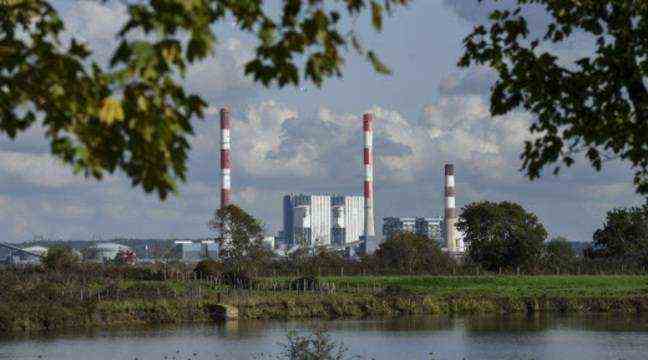Despite commitments to reduce greenhouse gas emissions, plans for coal, oil and gas production are still largely incompatible with the goals of the Paris agreement, according to a report released on Wednesday. The 2015 climate agreement aims to limit warming to well below + 2 ° C compared to the pre-industrial era, if possible to +1.5 ° C. And one of the levers of action to reduce emissions is the exit from fossil fuels, which are particularly polluting.
But the production plans of governments in this sector are still “out of danger” with the Paris objectives, regrets the United Nations Environment Program (UNEP), two weeks before the COP26 climate conference. To hope to stay below +1.5 ° C, “world production of fossil fuels must begin to drop immediately and sharply”, underlines the report produced by UNEP and several research institutes. But this is not the case.
Production of fossil fuels in 2030 twice the targets
Countries “still forecast an increase in oil and gas production, and only a modest drop in coal production by 2040,” said Ploie Achakulwisut, a researcher at the Stockholm Environment Institute (SEI) and lead author of the report. In total, if we consider fossil fuels as a whole, the production forecasts for 2030 are more than twice (110%) higher than that compatible with limiting warming to +1.5 ° C, and 45% more than what would be compatible with a warming to + 2 ° C.
According to UN climate experts (IPCC), in order not to exceed +1.5 ° C, the world must reduce CO2 emissions by 45% by 2030, compared to 2010, and continue its efforts to achieve carbon neutrality around 2050. The latest IPCC report in August warned against the risk of reaching this threshold of +1.5 ° C already around 2030, ten years earlier than expected. Despite these alerts which show that time is running out to act and avoid the worst of the impacts of global warming, the size of the fossil fuel production gap has remained “largely unchanged” compared to the assessments of the same researchers since 2019, notes the report.
G20 countries invest more in fossil fuels than renewables
Consequently, with less than two weeks before the start of the COP26 in Glasgow, one of the objectives of which is to do everything to keep the target of +1.5 ° C within reach, the UN is once again putting pressure on it. “At COP26 and beyond, governments around the world must step up and take swift and immediate action to close the fossil fuel production gap and ensure a just and equitable transition. Climate ambition is that, ”commented UNEP boss Inger Anderson.
According to the report, since the start of the Covid-19 pandemic in early 2020, G20 countries have allocated around $ 300 billion in funding to fossil fuels, more than to renewables. On the other hand, researchers welcome the “significant” drop in international public finance for fossil fuels, and the decision of several multilateral development banks to exclude new investments in this sector.

